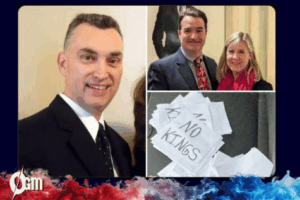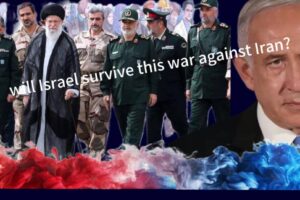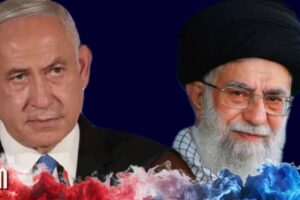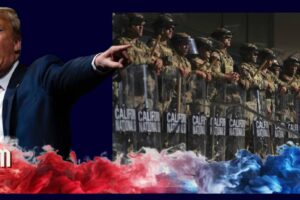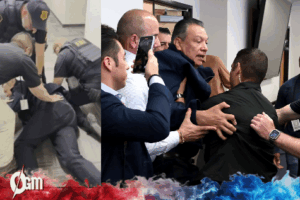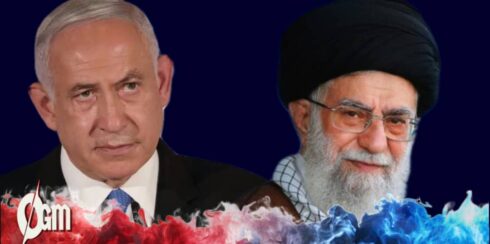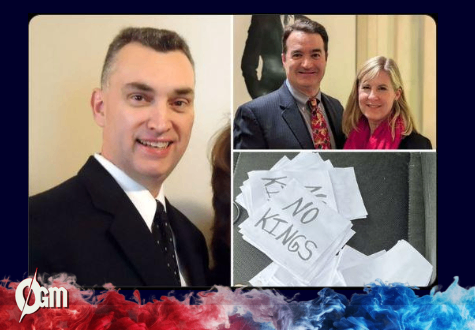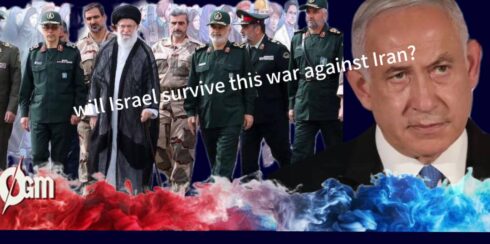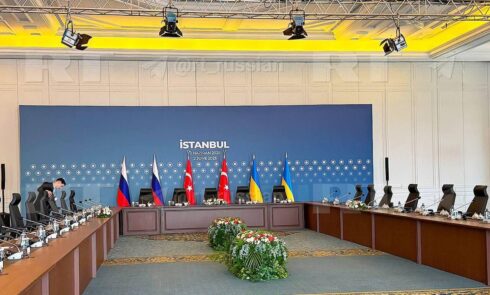In a dramatic escalation of long-simmering tensions, Israel has carried out a sweeping military offensive across Iran, targeting nuclear facilities, missile bases, and top Revolutionary Guard commanders. The Israel Defense Forces (IDF) confirmed the strikes were part of a new military campaign dubbed Operation Rising Lion, aimed at dismantling Iran’s ability to develop nuclear weapons and to neutralize its most powerful military figures.
The Israei assault, which took place overnight, resulted in significant damage to Iran’s strategic military infrastructure. Multiple verified videos show massive fireballs and thick smoke rising from a missile site in Piranshahr and a Revolutionary Guards base in Kermanshah. Israeli Prime Minister Benjamin Netanyahu said the operation was a preemptive necessity, asserting that Iran posed a threat to “Israel’s very survival.”
Among those reportedly killed in the strikes is Major General Hossein Salami, the commander-in-chief of Iran’s Islamic Revolutionary Guard Corps (IRGC), alongside several high-ranking officers and nuclear scientists. If confirmed, this marks one of the deadliest single blows ever delivered to Iran’s elite military leadership.
Iran Responds with Drone Barrage and Promises Retaliation
Shortly after Israel’s aerial bombardment, Iran launched a swift counteroffensive, firing more than 100 drones toward Israeli territory. The IDF announced that it successfully intercepted all incoming drones, with the Home Front Command briefly advising residents to remain near shelters before declaring it safe to resume normal activities, albeit with heightened alertness.
Iran’s Supreme Leader Ayatollah Ali Khamenei condemned the Israeli strikes as a “crime in our dear country” and vowed that Tel Aviv “should anticipate a severe punishment.” Iranian state television broadcast images of residential damage in Tehran and alleged civilian casualties, including children, though independent verification has not yet been possible.
While Tehran’s drone barrage may be only the initial phase of its retaliation, defense experts warn of the likelihood of more coordinated missile attacks in the coming days. “This is not the end,” said a senior Iranian military official on state TV. “This is just the opening of the gates.”
Civilian Toll and Regional Fallout: Tehran Hit, Tensions Soar
Iranian state media has reported that several residential areas in Tehran were struck during the Israeli air raids, resulting in multiple civilian deaths. The casualties allegedly include women and children, although these reports remain unverified due to the difficulty of independent access to the strike zones.
The Iranian public woke up to scenes of destruction in the capital and several provinces, sparking anger and widespread calls for a harsh military response. Protests erupted in major cities with demonstrators demanding retribution against Israel and accusing the United States of complicity—a charge Washington has strongly denied.
The strikes have also rattled Iran’s allies across the region. Hezbollah in Lebanon and Shi’ite militias in Iraq have reportedly gone on high alert. The wider Middle East watches nervously, with fears growing that this could spiral into a broader regional war, particularly as Israeli strikes reportedly included leadership decapitation tactics last used in its campaign against Hezbollah in 2024.
OGMNews.COM
Israel Assassinates IRGC Chief in Tehran Strike: Act of War or Self-Defense?
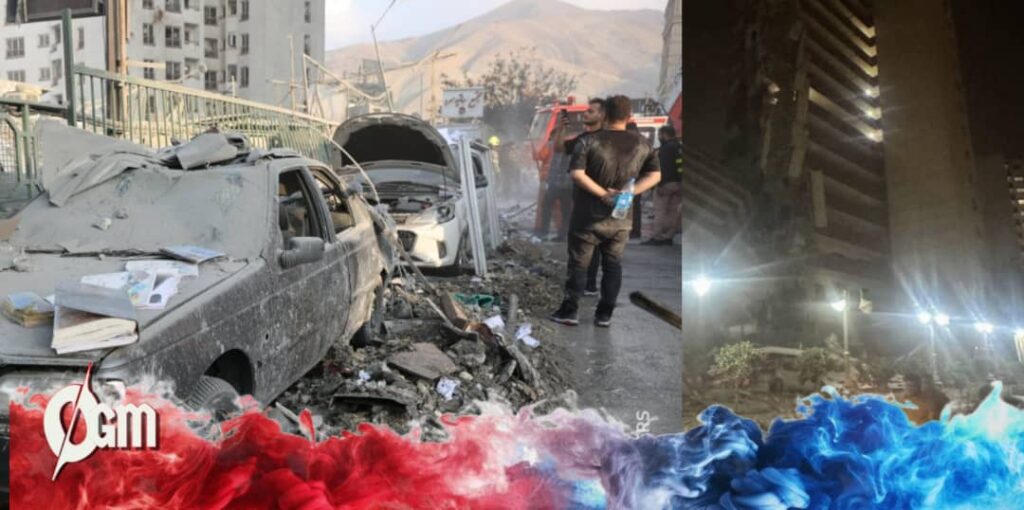
The timing of the Israeli operation is notably provocative, coming just days before a planned diplomatic meeting between American and Iranian officials aimed at easing tensions surrounding Iran’s nuclear program. Following the attacks, Iranian sources have confirmed that Tehran will no longer participate in the upcoming negotiations.
Israel has long expressed skepticism about international talks with Iran, arguing that any agreement would merely delay, not prevent, Iran’s nuclear ambitions. Netanyahu cited a recent resolution by the International Atomic Energy Agency (IAEA), which accused Iran of breaching its nuclear obligations, as evidence of Tehran’s duplicity.
Meanwhile, U.S. officials have acknowledged being informed of the Israeli operation in advance but insist the United States played no role in the assault. Former President Donald Trump, in a brief comment, said he was “aware of the strikes,” adding that Israel “has the right to defend itself,” but also emphasized that the U.S. did not participate in the mission.
Strategic Motives and Future Implications: Israel’s Calculated Gamble
Israel’s decision to strike now appears calculated and opportunistic. Analysts say Iran’s air defenses, already damaged by Israeli operations last year, are yet to be fully restored. Iran’s regional proxies, including Hezbollah and Hamas, have also been significantly weakened in recent months, giving Israel a perceived window of advantage.
Speaking as the campaign began, Netanyahu claimed Iran had amassed enough enriched uranium for “nine nuclear bombs” and emphasized that the operation aimed to eliminate that existential threat before any nuclear deal could be revived. “We acted because the time to act is now,” he declared.
The Israei offensive has inflicted what analysts describe as an “unprecedented degree of damage” on Iran’s elite forces and infrastructure. However, experts caution that this bold move may trigger a prolonged and deadly cycle of retaliation. As defense expert Shashank Joshi noted, “We’re at the beginning of both an Israeli campaign to degrade Iran’s capabilities and an Iranian campaign of retaliation that is inevitable.”
The next few days will be crucial. Whether the situation escalates into a full-scale war or is contained through urgent diplomatic intervention remains uncertain. But what is clear is that the Middle East has been plunged into one of its most dangerous moments in decades.

